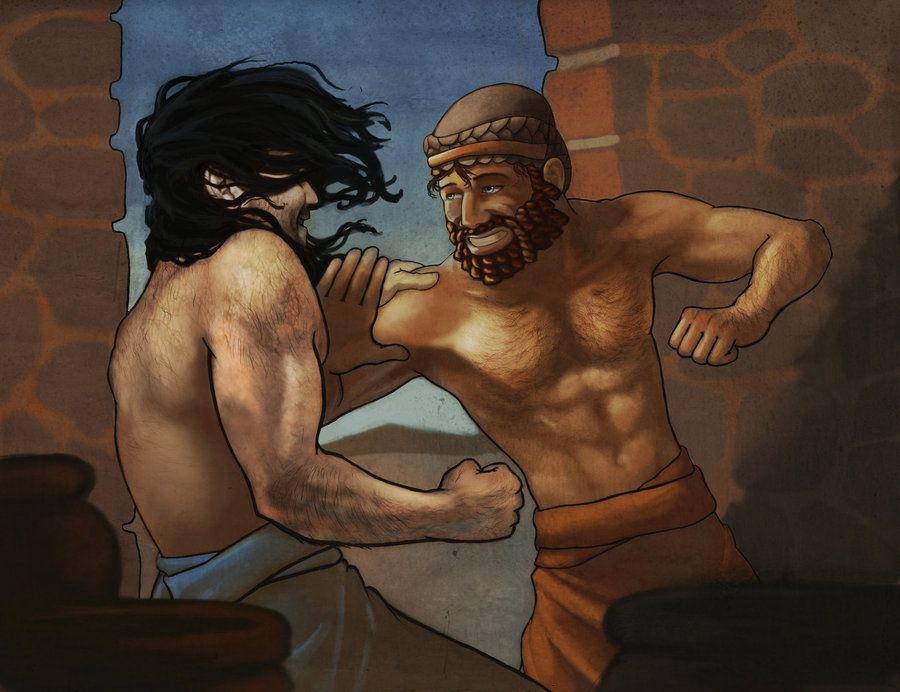Gilgamesh and the origin of our modern stories.
The Epic of Gilgamesh is one of the oldest documented stories we know today. The Epic of Gilgamesh is a romanticized narration of the great king of Uruk that lived in 2700 BC. The story itself was first written in fragments in 2100 BC during the reign of Akkad Empire (2000-1600 BC).

The Epic of Gilgamesh tells the story of King Gilgamesh who is half god half human. This king has a great empire at his service whom he has magnified with all its splendor. At the same time Gilgamesh was a merciless Tyrant and oppressed his people. Gilgamesh's greed drove him to a greater lust, namely that of immortality. Gilgamesh leaves on a trip to find the secret to immortality. During this trip, he fights with the legendary Enkidu whom he eventually becomes friends with. During this journey, the duo goes through a lot to conclude that after many years that ‘immortality’ is an illusion. However, this journey brought Gilgamesh wisdom he would never have obtained had he not made this journey. He was no longer the old-known tyrant and began to rule with justice towards the subjects of his empire.
The story features complex characters, dilemmas, commentary, and ideas about what a story narrative should and should not be in literature. One famous narrative form we are very familiar with for example is that of a protagonist positively growing to become a better person as a consequence of the adventures he or she is experiencing. The emphasis on the special experience as a character-forming phenomenon is a theme that is still dominant in the films, books and series we watch today. It can be strongly argued that the origin of this story form lies in this ancient Mesopotamian epic.
It is thus no coincidence that this epic is considered a universal masterpiece in world literature. Its thought provoking content still inspires researcher and reader alike.
